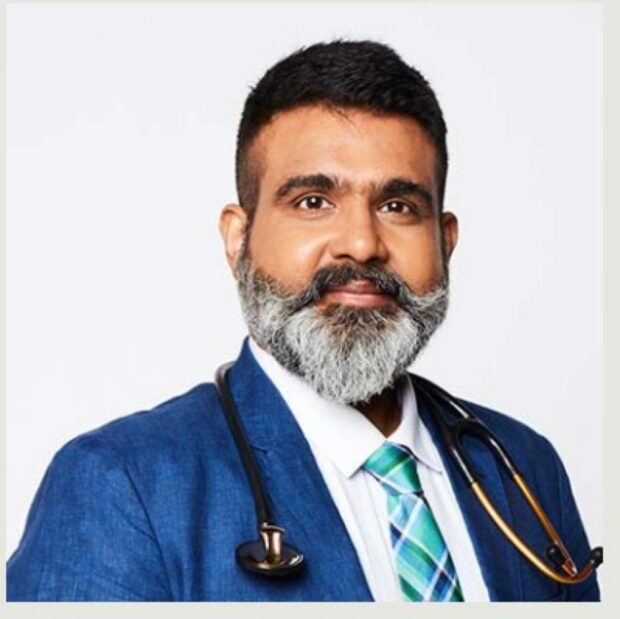Many doctors misinformed about tobacco harm reduction – experts
Dr. Rohan Sequeira, a cardio-metabolic physician at Sir JJ Hospital and medical director at St. Elizabeth Hospital Mumbai
Public health experts report that many doctors and other healthcare professionals lack accurate information about tobacco harm reduction (THR), limiting options for adult smokers seeking more effective smoking cessation methods.
“There is a high level of misinformation about THR and nicotine in the healthcare community. Many doctors do not understand that the harmful effects of the combustion in cigarettes are orders of magnitude greater than the minimal health risks of nicotine,” said Dr. Konstantinos Farsalinos, cardiologist, public health expert and external research fellow at the University of Patras and University of West Attica in Greece.
“We need to convince doctors about the science behind THR, as they are considered credible sources of health information by the general public,” said Farsalinos.
Dr. Rohan Sequeira, a cardio-metabolic physician at Sir JJ Hospital and medical director at St. Elizabeth Hospital Mumbai, also notes a lack of information on smoke-free nicotine alternatives throughout the medical community.
“Some doctors believe smoking is better than vaping because they do not understand the difference between combustion in cigarettes and aerosols in vapes. We need to educate doctors and provide them with the right information about vapes and other less harmful nicotine alternatives,” said Sequeira.
Vapes, heated tobacco products (HTPs) and oral nicotine are considered forms of THR. These products do not burn tobacco nor generate smoke that produces thousands of harmful and potentially harmful chemicals, which cause smoking related diseases.
Dr. Lorenzo Mata Jr., a Filipino THR advocate, said he fully supports the appeal of Farsalinos and Sequeira.
“I call on THR advocates and other enlightened healthcare professionals in the Philippines to join forces in providing local physicians with the scientific facts about THR and how it can help millions of Filipinos quit smoking through less harmful nicotine alternatives,” said Mata, president of Quit for Good, a non-profit, non-stock organization promoting harm reduction as a compassionate strategy to mitigate the damage to human health and society brought about by cigarettes and other combustible tobacco products.
THR is a public health strategy that aims to provide safer alternatives to reduce harm caused by smoking and to provide nicotine to people who cannot or do not want to quit smoking by themselves.
It encompasses a range of pragmatic policies, regulations, and actions that either reduce health risks by providing safer forms of products or substances or encourage less risky behaviors.
THR does not focus exclusively on the eradication of products or behaviors. By making safer nicotine products available, THR offers new choices to millions of people worldwide who want to switch away from smoking, but have been unable to with the options previously available.
“As respected medical experts and credible sources of health information, doctors play an important role in helping people quit smoking,” Mata said.
“They can provide convincing advice for patients to quit smoking, offer brief counseling, prescribe smoking cessation medications, connect them to additional quit smoking resources, and follow up with continued support to help prevent relapse.”
A recent survey found that misinformation about vaping is widespread, and many consumers and doctors mistakenly believe that nicotine causes smoking-related illnesses.
“This misinformation prevents many smokers from switching to vaping, and prevents doctors from recommending it to smokers, which has detrimental effects on public health,” Mata pointed out.
